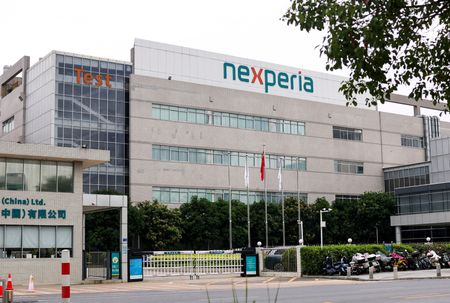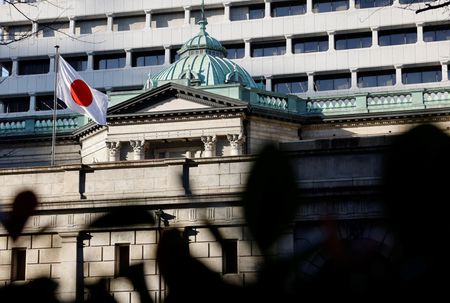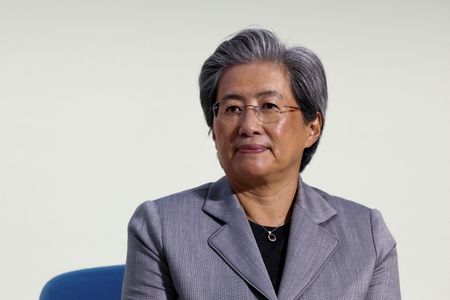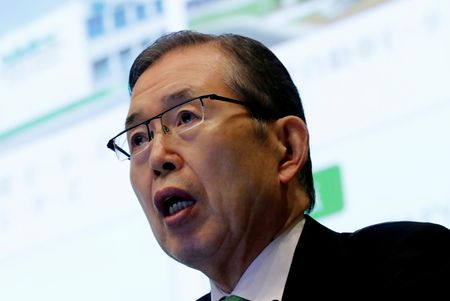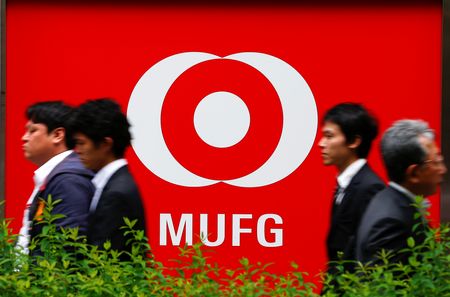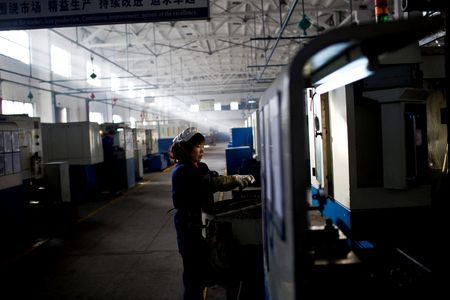By Panu Wongcha-um
BANGKOK (Reuters) -The Thai ruling party’s flagship 500 billion baht ($14.5 billion) handout plan is needed to boost a sluggish economy, political heavyweight Thaksin Shinawatra said on Thursday, days after his daughter was elected prime minister by parliament.
Although he has no formal role in the government, Thaksin is one of the most influential figures in Thai politics and is widely expected to shape the premiership of his 38-year-old daughter, Paetongtarn Shinawatra.
The populist Pheu Thai party leader was elected on Friday, replacing Srettha Thavisin who was dismissed by a court order.
“We need to stimulate the economy as our country has grown slowly for a long time,” Thaksin said at an event in the capital Bangkok, outlining the benefits of the handout scheme that was a key campaign promise for his party in last year’s election.
The “digital wallet” handout scheme, which would see about 50 million Thais receive 10,000 baht of credit via a smartphone application to spend locally within six months, was planned to be rolled out in the fourth quarter under Srettha.
Srettha’s exit, however, had raised some doubts about whether it would still go ahead.
Thaksin’s remarks on Thursday indicated that Paetongtarn would likely continue with the plan, which has come under criticism from economic experts and Thailand’s central bank.
A former prime minister who spent 15 years in self-imposed exile before making a dramatic return to Thailand last year, Thaksin said that his daughter’s government would be able to deal with the challenges stifling economic growth.
The government is considering using 145 billion baht from the 2024 fiscal budget to provide handouts to 14.5 million people in September, with additional disbursements starting from October, he said.
“It will be an immediate economic boost in September,” he said.
Thailand’s economy grew 2.3% in the April-June quarter from a year earlier, beating expectations amid policy uncertainty following the change in government.
PROTECTIONISM
In a wide-ranging speech, Thaksin said Thailand should do more to protect the economy from an influx of low-cost Chinese products, applying “small steps of protectionism”, he said.
“We don’t dislike Chinese products but we have to find equality in competition,” he said.
Calling for greater coordination between the finance ministry and the central bank to better align fiscal and monetary policy, Thaksin said the two sides should be able to talk, without impacting institutional independence.
He underlined the urgency to deal with Thailand’s ballooning household debt, which stood at 16.4 trillion baht, or 90.8% of GDP, at the end of March, among the highest in Asia.
“We have to restructure household debt,” he said, “The finance minister will have to talk to all the banks to address this.”
Thailand needed to reform its agriculture sector to be more competitive and boost incomes and capacity in tourism, a key driver of growth, including expanding the main airport in Bangkok, he said.
($1 = 34.4000 baht)
(Reporting by Panu Wongcha-um; Additional reporting by Orathai Sriring; Writing by Devjyot Ghoshal; Editing by Martin Petty and Emelia Sithole-Matarise)


